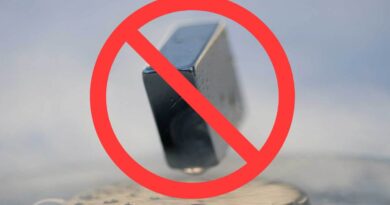EVs are going backward
When you send a rocket into space, you run into a paradox: Around 90% of the weight of the rocket is the fuel that it needs to lift away from Earth. As the rocket accelerates, three things happen: The speed increases, the rocket gets farther away from Earth (and from the gravitational pull of the planet) and as the fuel burns off, the rocket weighs less and so can accelerate faster.
We face a similar problem in the world of EVs, with an obvious exception. Technically, car batteries get heavier as they are charged, but the difference is so small that you couldn’t measure it even with the most precise car scale. However, that doesn’t matter, because when you add more batteries to a car, it must always carry all those batteries. That’s a problem that’s growing bigger as cars themselves get bigger and heavier.
A 1984 Volkswagen Rabbit only had 90 horsepower, but its average fuel economy was 34 miles per gallon. The 2009 version of that car had almost twice the horsepower and all sorts of technology advantages, but its average fuel consumption is a paltry 24.6 miles per gallon. Sure, the engines got more efficient and it has a bunch of new comfort features. It’s safer, too, but it weighs almost 1,000 lbs more.
Weight, more than almost anything else, affects the fuel economy of a vehicle.
It turns out that batteries are quite heavy. The battery pack on a Tesla Model 3 weighs more than 450 kg (1,000 lbs). The Rivian truck’s battery weighs 800 kg (1,755 lbs). And if you buy an EV Hummer, the battery you’re dragging around weighs more than a 2009 Volkswagen Rabbit at 1,300 kg (2,800 lbs).
There’s a better way. American drivers aren’t going to like it, and GM killing off the Bolt line is a huge leap in the wrong direction.
EVs are going backward by Haje Jan Kamps originally published on TechCrunch





